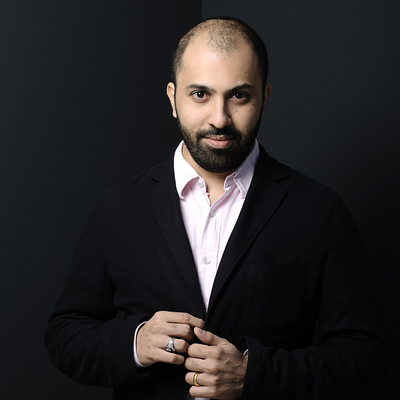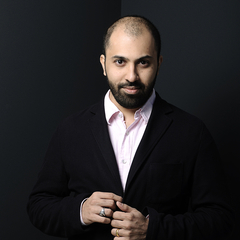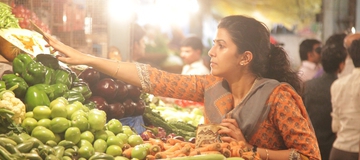The literary tradition of Bengali cinema (Satyajit Ray's Charulata)has allowed us to discover the grandiose love stories brought about by a love of words, the pleasure of writing and an appetite for reading. It is thus a pleasure to see that The Lunchbox perpetuates this tradition in such a beautiful way, but also updates it by adapting it to a story taking place in modern day Mumbai.
«When I write a story, I don't have a genre in mind. I think of the characters and how can I explore them in depth. The Lunchbox is a simple story of friendship that develops between two strangers, prisoners of their respective inhibitions. Of course, the epistolary relation is more a mark of literary tradition than film but considering this is the story of two people who find it difficult to communicate with people around them and that are behind the times, it seemes to that the letters and notes in the lunchbox would be the best way for the them to communicate and bring them out of their shells and give them confidence. Furthermore, writing or receiving letters is a form of nostalgia that the two characters are attached to.
The impossibility of these two lives crossing paths except through a mistake in Mumbai's Lunchbox delivery system is surely enhanced by the fact that one character is a Hindu housewife and the other an older Catholic gentleman. Even the character of Shaikh, the office colleague, is from a predominantly Muslim neighborhood. Mumbai is the fabric of the story, so its social fabric and complexity- 'many Mumbai's within one' just come along with it.»







